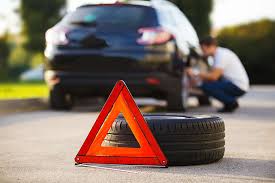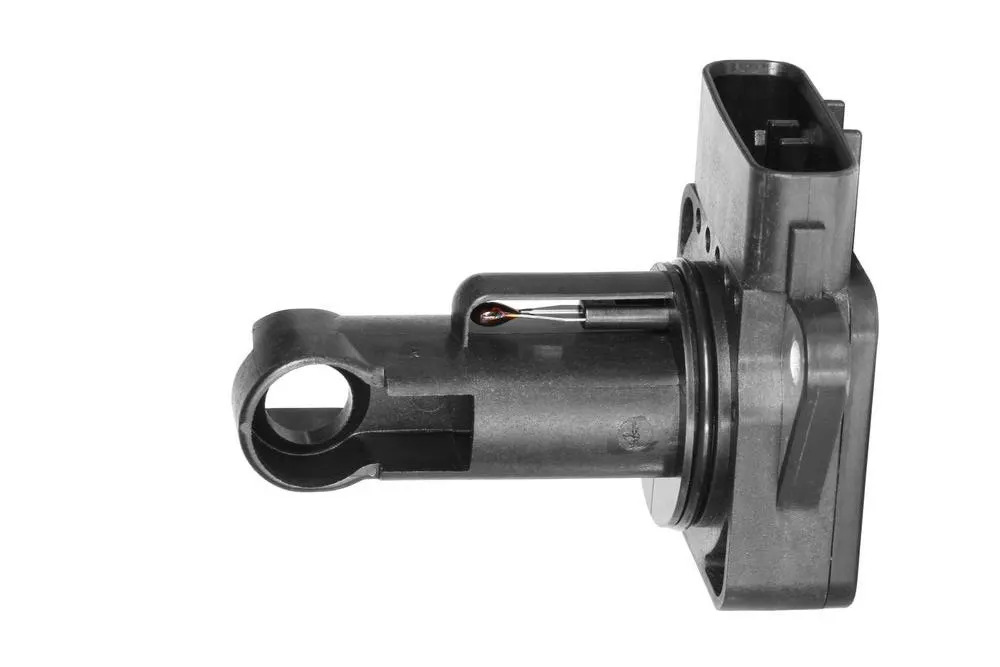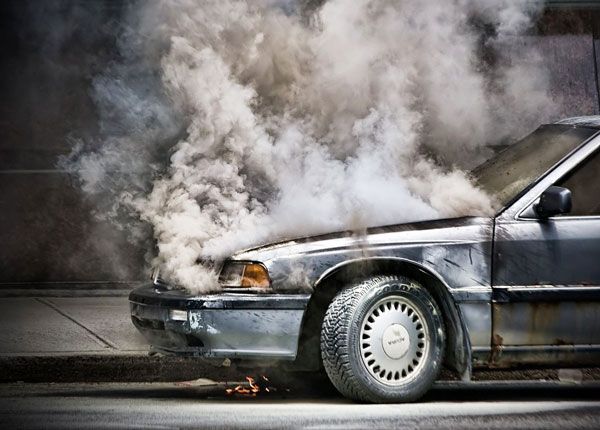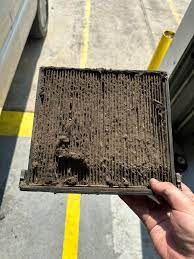Posted on 2/18/2025

When Your Vehicle Goes Into Limp Mode A drivers worst nightmare may be when their vehicle goes into safe mode or what repair shops call Limp Mode. Your vehicle may go into limp mode when something is wrong mechanically. Usually its serious and that is why the vehicle power is being limited. Going into limp mode allows you to drive a short distance, hopefully to a reputable repair shop like One Stop Automotive. Limp mode typically limits engine rpm, power output and driving speed by keeping the transmission in a lower gear and it will usually shut off the air conditioning. The vehicle does this to help prevent severe damage to whatever system is malfunctioning. A couple of the most severe cases would be related to the engine or transmission. Going into limp mode is surely not good, but it can help keep you from being stranded if you are only going a short distance and hopefully keep repair costs at a minimum. If your vehicle does go into limp mode you may s ... read more
Posted on 2/3/2025
Choosing The Best Shop For Your Vehicle You rely on your car to do more than get you from place to place, it also functions as sort of a protective bubble while you are on the road. It surrounds you and your friends or family when you are traveling. Your car is also a reflection of you and an important part of how you travel. When a vehicle is neglected, or repairs done poorly, it could lead to bigger problems down the road. Choosing a the best shop and mechanic for your vehicle is important. At One Stop Automotive, we accept that responsibility with great pride, and always want to provide the best care for everyone that comes to our shop. Being a family operated business, and being in business for over 40 years, all of our staff own vehicles and and have families, so we understand that it is very important to feel safe. You will always know that your car or truck is in great condition when you bring it to One Stop Automotive for its care. Here are a few ... read more
Posted on 8/8/2024

At One Stop Automotive we can help you get to the bottom of things and can get the mass airflow sensor working the way it is supposed to work. What is a Mass Airflow Sensor? The mass airflow sensor is located near the air filter and is an important part of the fuel injection system. It is designed to measure the volume of air flowing into the engine intake. This is very important because it regulates the air/fuel ratio mix for the engine. Signs of Failing Mass Airflow Sensor (MAF) 1. Check Engine Light (CEL/MIL): The check engine light is the first indicator of component failures. The warning light on the dashboard will illuminate to alert you of vehicle system issues. In this case you would usually get a code for a failing MAF. The issue may be caused by the sensor itself failing, bad wiring due to rodent damage or a few other things. When you have a Check Engine Light It is important to take the vehicle to One Stop Automotive for a diagnosis so this issue can be resol ... read more
Posted on 4/18/2024

Why Is My Car Overheating If your car is overheating and there are no obvious leaks, the oil level is okay, and the cooling system is properly filled, there can be several potential reasons for this issue. Here are some of the most common issues: A Malfunctioning Thermostat: A malfunctioning thermostat can prevent the proper flow of coolant through the engine, leading to overheating. If stuck in the closed position, it obstructs the circulation of coolant. Engine/Radiator Cooling Fan Problems: The radiator cooling fan helps remove excess heat from the engine. If the fan is not working correctly or fails to turn on when needed, it can result in overheating. It is important to check for proper operation of the fans(s) and any associated components. Radiator Blockage: An obstructed radiator will hold back the flow of coolant, causing the engine to overheat. Whether caused by debris or internal buildup, f ... read more
Posted on 2/27/2024

One of the most overlooked items on a vehicle is the cabin air filter. Cabin air filters are installed in your vehicles HVAC system and are designed to filter dirt, pollen and other disgusting things out of the air that you and your passengers breath inside the vehicle. They should be inspected at every oil change and changed every 12,000 miles or once a year. If neglected the filter becomes filled with debris and restricts the airflow, and less airflow means the cabin cannot be heated or cooled efficiently. A clogged filter also creates back pressure for the blower motor, making it work harder and contributing to possible premature failure. Most people think these filters are checked at every service when the vehicle is in the shop, but the truth is, many of these cabin filters are hard to access so shops with poorly trained employees may miss or skip this step. If you have asthma or other respiratory problems, it is imperative that these filters be changed ... read more